How Clothes Choice Reflects Your Personality in Pakistan: Boost Confidence & Show Identity
Have you ever attended a mehndi or a family dawat and felt that as you are entering the venue, the whole crowd is analyzing you without a word being spoken?
This works the same way all over Pakistan, so whether you’re in Karachi, Lahore, or even a small town, the process is identical. A glance at your outfit is like a silent conversation wherein they come up with your character: “This person is classy,” “He looks like he takes life seriously,” or sometimes “A Bit too flashy, isn’t it?” Moreover, clothes in Pakistan are not simply things to put on; they are the ones that talk for us.
Sometimes, we are so used to it and thus we do not even notice it. We put on something that we find ironed or that we see everyone has already worn. We later reflect on it and think, “That interviewer was not taking me seriously!” or “Why did Phuppo say I looked a bit too modern at the family dinner?” These things are not happening by chance; it’s our clothes talking for us. That’s exactly why one must acknowledge the importance of dressing in a way that reflects one’s personality in Pakistan. Once you are aware of this, you are not just dressing up, but you are also influencing people’s perception of you without making it obvious.

Clothing as a Silent Introduction
Imagine it: in Pakistan, you don’t have much time, maybe only a few seconds, to impress someone. The place where you are going for a dawat spot or a university classroom, or a corporate meeting in Islamabad is all the same; people look at what you are wearing before they even consider what your name might be. It is like a nicely done shalwar kameez gives out character traits of discipline and cultural pride right away. A funky kurta paired with sneakers radiates confidence and uniqueness. A sharp blazer? Ambition and professionalism.
This is the very truth of the matter, as clothes choice reflects your personality in Pakistan; your clothes become your silent introduction. Before you say “Assalamualaikum,” they have already spoken about you to others.
Traditional Wear: Pride, Modesty, and Identity
If you ask any Pakistani, they will tell you that traditional clothing has a really fulfilling quality. A well-ironed kurta, an embroidered dupatta, or a white shalwar kameez are more than just clothes; they are a representation of who we are.
On the morning of Eid, you will witness families dressed in carefully chosen traditional attire. It conveys a powerful message of respect and cultural belonging in addition to producing a lovely image for the camera.
One small dupatta can stir a revolution in the fashion of a desi woman, whereas the change between a wrinkled and a clean kurta is as clear as day for men. This is just one of how your clothes in Pakistan reflect your personality; by wearing traditional clothing, people perceive you as a person who is a fan of heritage, humility, and sharing.
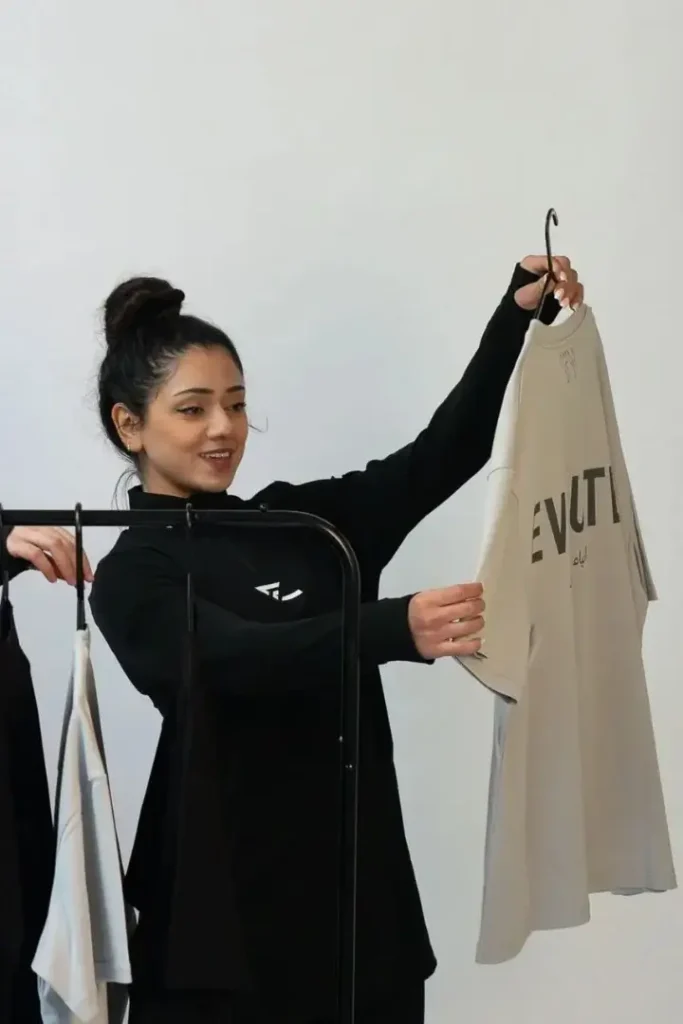
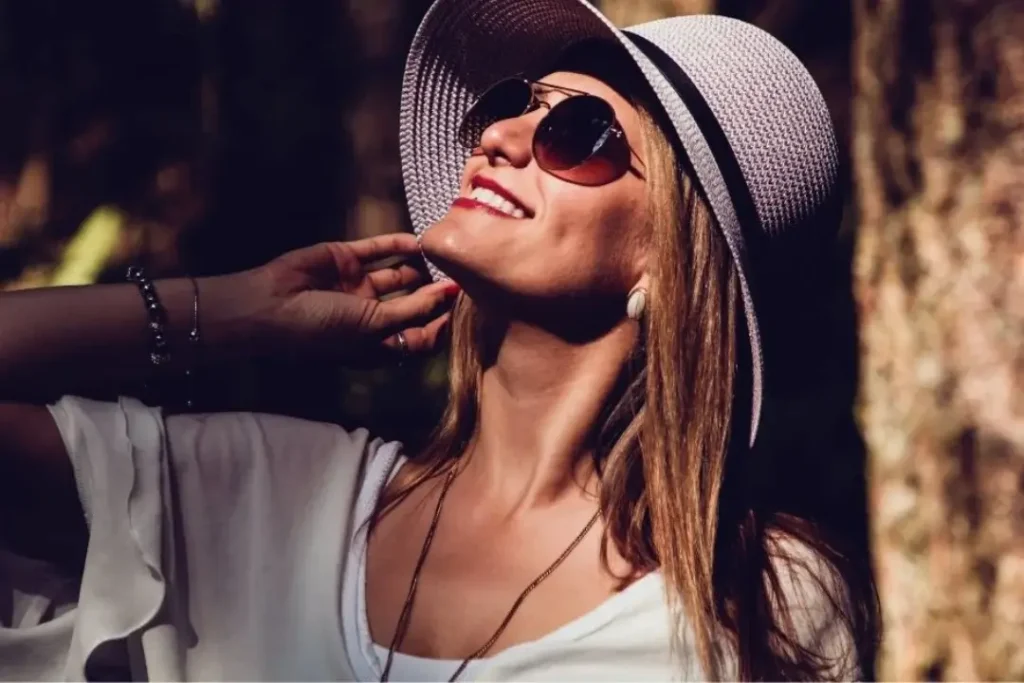
Colors Speak Louder Than We Think
Let’s face it, color decisions in Pakistan are not just mere choices; they have a story to tell. If you go to a walima wearing black, people might quietly say, “A little boring for such a joyful occasion.” Materializing in red at an interview might make you feel like a spotlight in a dark room. Here are the typical things colors tell about you:
- White – The basics of life, peace, and most of the time, a spiritual link. This is the reason why it is most frequently seen in sacred places.
- Black – Authority, charm, but alongside these, obscurity at times. Commonly seen at formal occasions.
- Bright colors (red, yellow, orange) – Unlimited fun, happiness, and surety for one’s. The atmospheres of weddings and mehndis are always bursting with these colors.
- Pastels – Gentle and peaceful mood, elegance, and refined taste.
It means that even when you believe that you are “only” selecting a kurti or tie color, you are actually directing others towards making certain judgments. This is yet another way in which the choice of clothes in Pakistan silently communicates your personality.
Dressing for the Occasion
One of the things that the people of Pakistan would most probably notice is whether your clothes are appropriate for the occasion. If you wear less than appropriate at a wedding, you run the risk of being seen as thoughtless. If you are overdressed at a casual dawat, then people may be whispering that you like to attract attention.
- Weddings = glamorous, vibrant, joyful.
- Religious gatherings = quiet, respectful, modest.
- Job interviews = clean, corporate, basic.
Understanding the balance is vital. It indicates that you are socially aware and emotionally intelligent. This is yet another indication of how clothing shows the personality of the wearer in Pakistan; it verifies whether you get the topic and conform to the unwritten rules of the society.

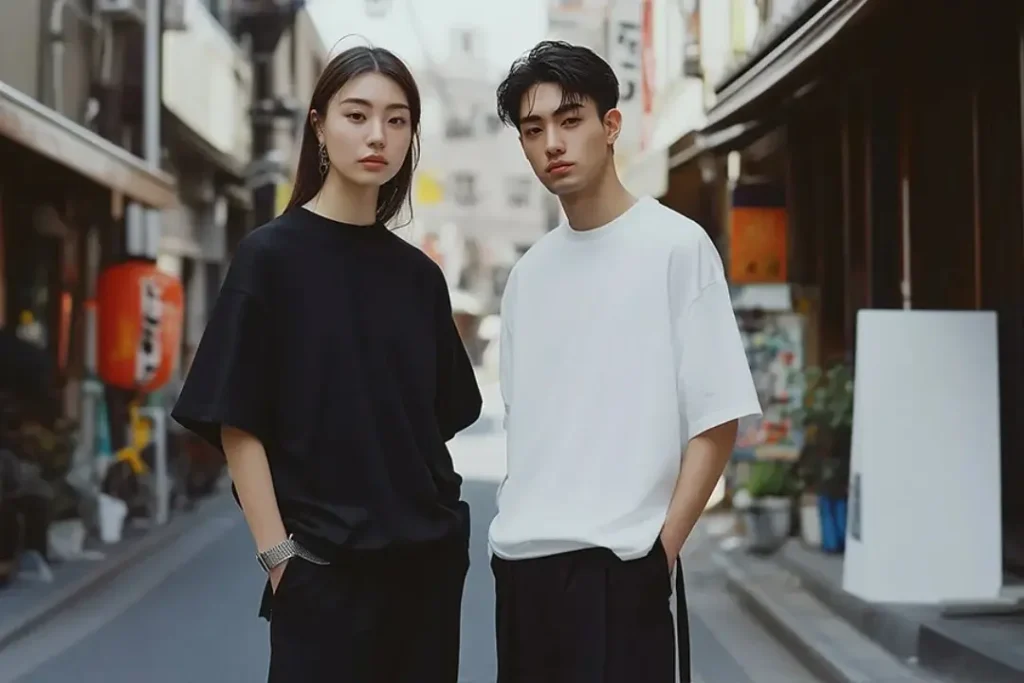
Youth and the Fusion Experiment
Once you are on a university campus, you can not miss a very interesting combination of the clothing of students. Boys in kurtas and sneakers. Girls in jeans and dupattas. It’s casual, daring, and experimental. And it’s a great and very vivid example of how, through their clothing, youth in Pakistan unveil their personalities and character, they are reckoning fashion choice as their mode of speech, combining the old with the new.
Religion and Wardrobe Choices
The impact of religion on fashion is inevitable. The converts from Muslim men wearing Taqiyah with their kurtas, to women selecting abaya, hijab, jilbab, or long shirt, fashion is not only an outlet for aesthetics but a source of statement of faith and values.
When revealing how your clothing choice reflects your personality in Pakistan gets even more intimate, with religion being the distinguishing factor. Your wardrobe is a silent witness to your discipline, your convictions, and how much you care for your spiritual identity in the routine of life.
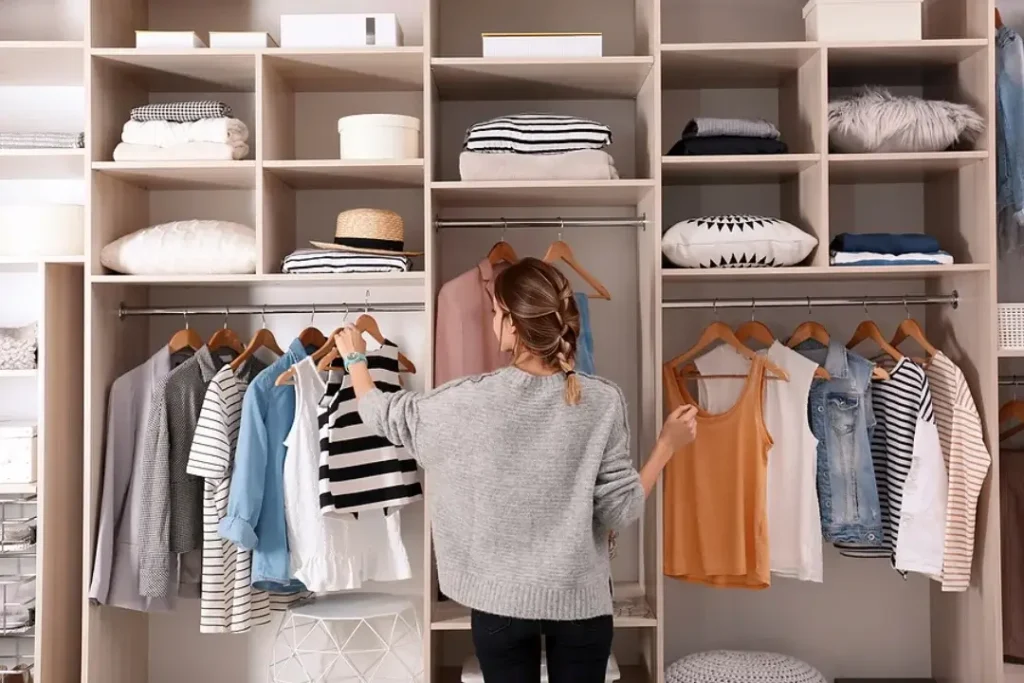
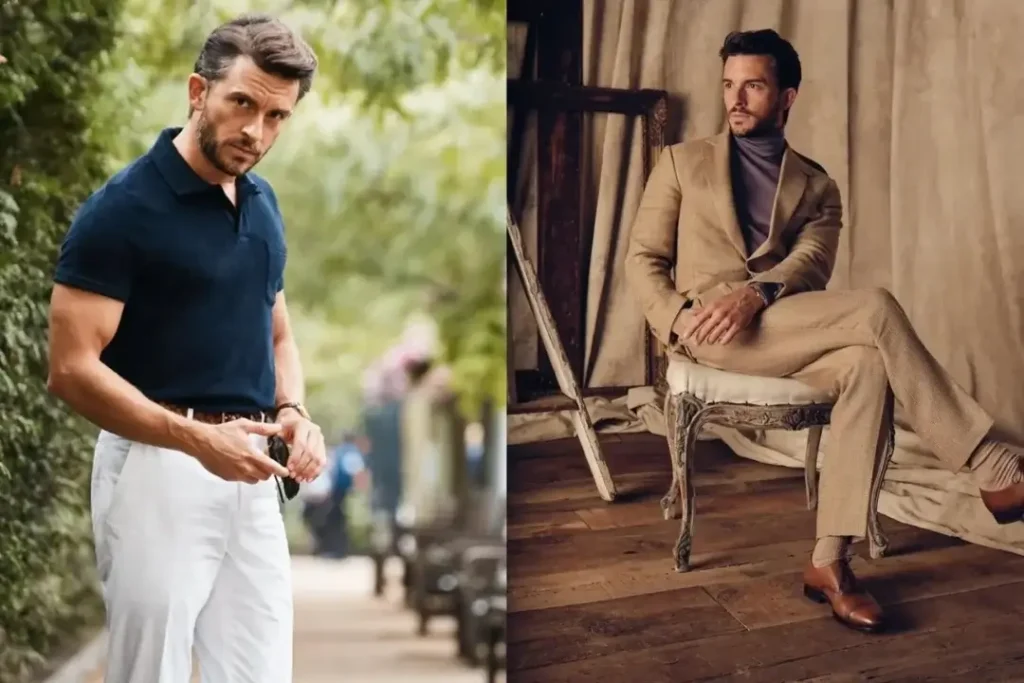
Wealth, Simplicity, and Styling
People often assume that expensive clothes equal personality. But in Pakistan, it’s more layered. Sure, a designer sherwani at a wedding shows financial strength, but someone in a simple yet well-styled outfit often earns more admiration.
A girl who styles a plain white kurti with thoughtful accessories may seem more confident than someone hiding behind brands. That’s another lesson in how clothes choice reflects your personality in Pakistan; it’s not the price tag, it’s how you carry yourself.
First Impressions Matter
Picture this: two candidates walk into a job interview. One is in a wrinkled shirt and casual shoes. The other is in a crisp dress shirt and polished shoes. Both have the same degree, the same skills. Who do you think the panel takes seriously first?
That’s how powerful clothing is. It sets the tone before you open your mouth. And that’s why understanding how clothes choice reflects your personality in Pakistan is more than vanity, it’s a strategy.

FAQs People Often Ask
No, not really. A shalwar kameez always works; it just depends on how you wear it. Pair it with the right shoes or dupatta, and it looks classy, not old.
They actually do. Bright shades pop in weddings or mehndi functions, while softer colors look better for interviews or serious events. People instantly read into it.
Wearing what is comfortable but suitable for the place is the easiest way. You don’t have to put yourself through the pain of wearing heels or tight clothes just to look good.
No, not at all. A well-ironed kurta from a local market can look 10x better than an expensive brand that is worn carelessly.
